|
This week I visited a Grades 3 and Grades 3/4 class at Betty Huff Elementary. The two teachers and I met during the first week of school and worked collaboratively to discuss how to begin the year. I am working with these teachers this term to support their professional inquires which focus on developing their students curricular competencies in relation to content, as well exploring what inquiry-based practices could look like in mathematics. We began by creating a mini-unit exploring the following questions: What is math? What does it mean to do math? Where does math live in the world? Additionally, we wanted students to begin to explore their own identity as a math learner. This is an important aspect of BC's redesigned curriculum. The Positive Personal and Cultural Identity is one of our core competencies and includes the awareness, understanding, and appreciation of all the facets that contribute to a healthy sense of oneself . We wondered how our students saw themselves as Mathematicians. 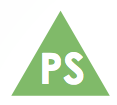 We began with an activity I had seen on Graeme Anshaw's blog where he asked students to share their personal histories with mathematics. The teachers gave each student a sticky and ask them to write or draw how they felt about math and why. Then students were invited to share their thoughts with the class and place their sticky on the line spectrum. The teachers commented how through this activity they were able to learn about the mindsets students held with regard to mathematics. As you can see the Grade 3/4 class held more positive views, while the Grade 3 class was more mixed. The teachers remarked how curious they were to dig more deeply into these stories and work with these students to shift some of their negative feelings. I visited the class on the second day of the mini-unit. We began with the question "What is Mathematics?", and surprisingly, we learned that not all children had an understanding of the word "Mathematics". They didn't realize it was just a longer version of the word "Math"... an important reminder that all children are "mathematics language learners" and we must pay attention to the language we use. When reflecting upon the charts, we were able to see similarities to the work that Tracy Zager and Deborah Nichols reported hearing from a Grades 1/2 class (pg. 11 - 13 in Becoming The Math Teacher You Wish You'd Had). It seemed that our students felt mathematics was mostly about computation. Their experiences had been many worksheets, which they felt was really hard. Inspired by Tracy Zager's suggestions to use books to help expand children's view of mathematics, we read aloud On A Beam of Light: A Story of Albert Einstein by Jennifer Berne. Before beginning the book, we passed out "Notice/Wonder" sticks to the students. We asked them to raise their "Notice" glasses if they noticed anything in the book that they thought represented mathematics, which we would add to the chart. Additionally, student were asked to raise their "Wonder" question marks if they thought they might have seen or heard something that could be added to our chart, but were unsure. Credits go out to Beth Kobett who shared the idea of Notice and Wonder sticks on Twitter.
Below is the mini-unit we created including using ideas from Tracy Zager's book, Jo Boaler's inspirational week of maths, and Graeme Anshaw's blog. Feel free to leave any feedback you have on our mini-unit. We welcome your ideas and suggestions! I am curious how did you start your year with your Mathematicians?
0 Comments
Leave a Reply. |
About Me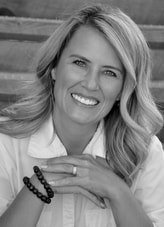
I am a Numeracy Helping Teacher with the Surrey Schools District. Each day I am thankful for being able to work with amazing students and teachers in an area I am passionate about ~ Mathematics! Subscribe:Click the RSS feed button
Archives
October 2018
Categories
All
|
||||||||||||||||||||
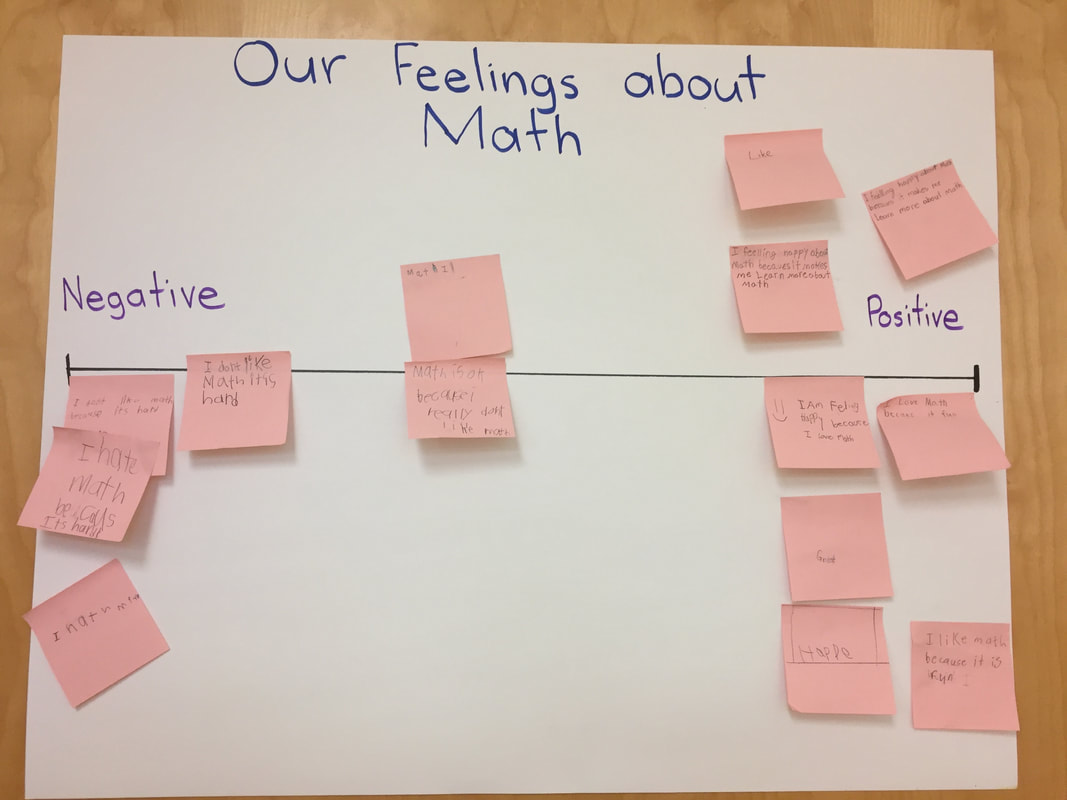
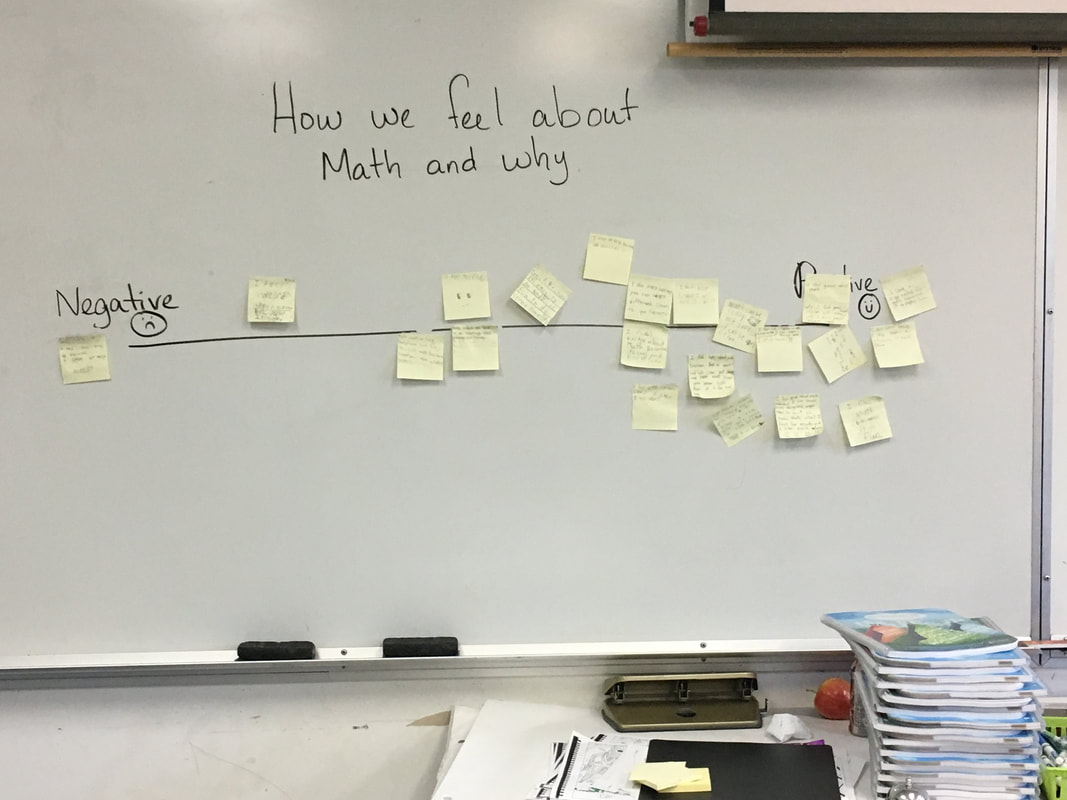
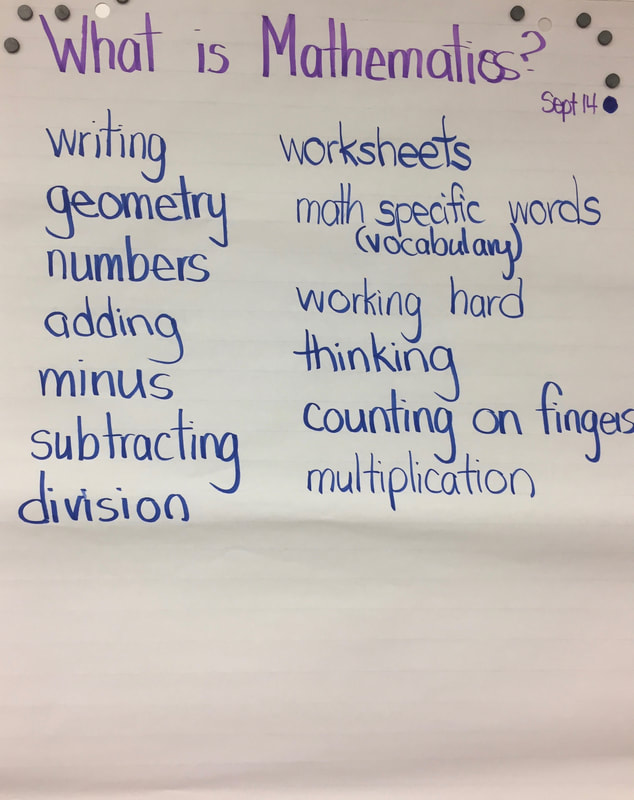
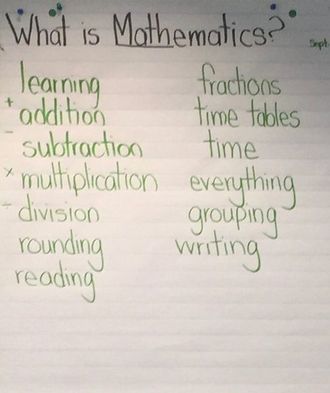
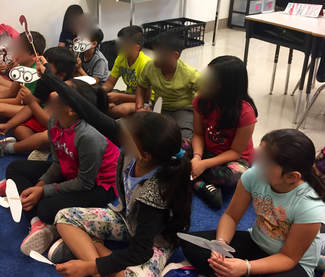
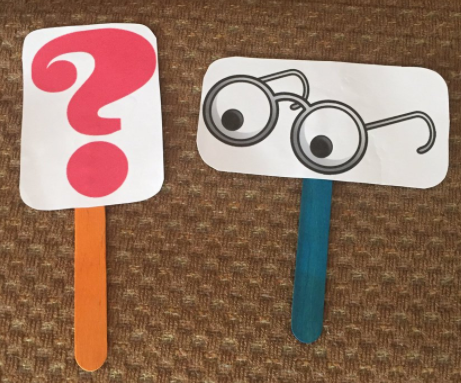
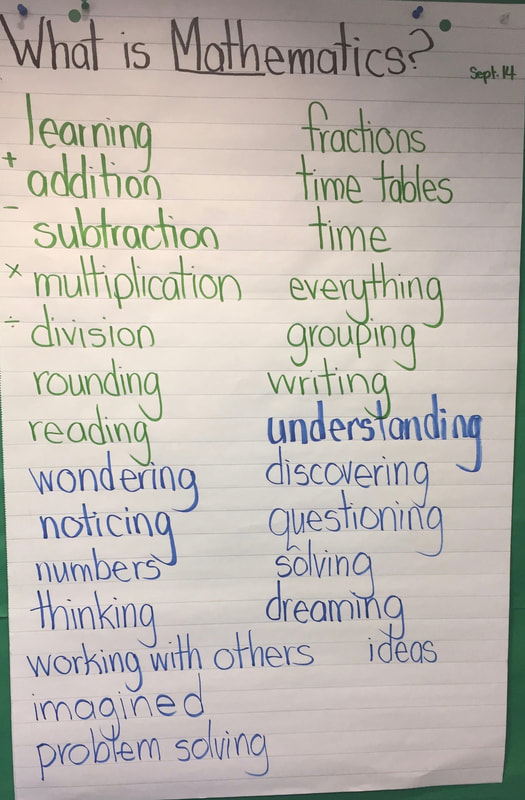
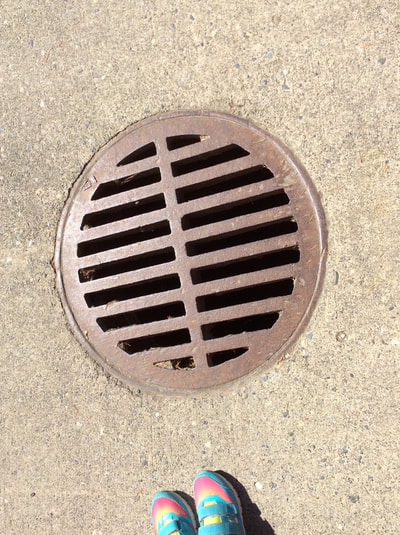
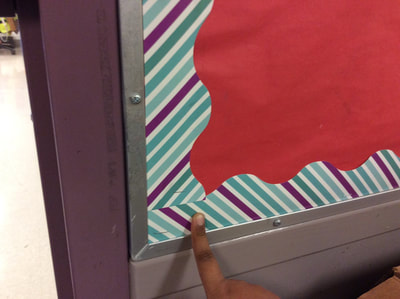
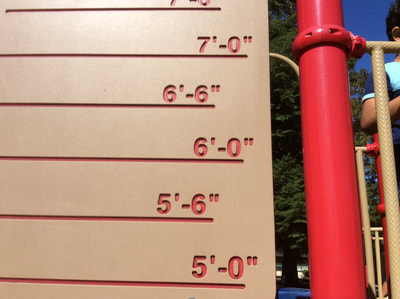
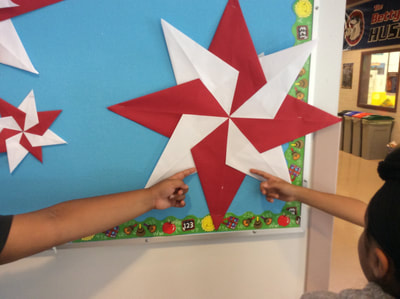
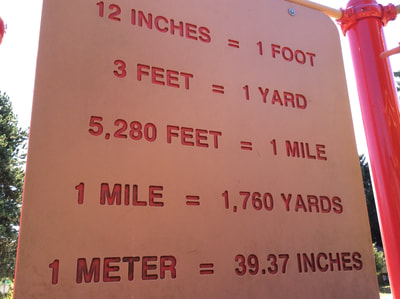
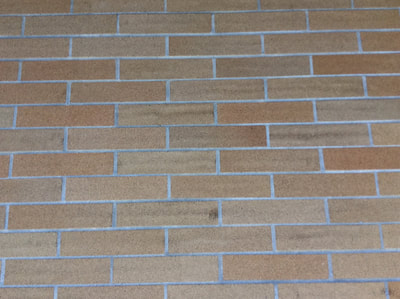
 RSS Feed
RSS Feed
